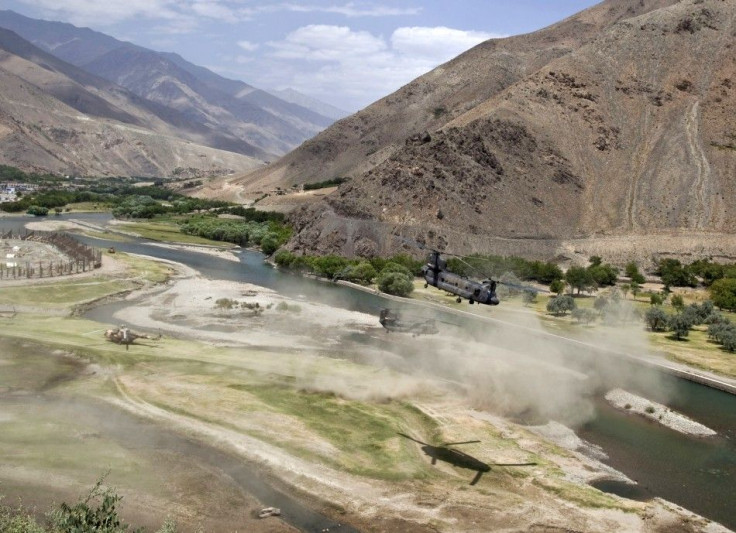Pentagon Said Helicopter Crash Isn?t a Trend

Pentagon spokesman Dave Lapan on Monday said Saturday's helicopter crash in Afghanistan that killed 30 U.S. service members isn't a trend.
"This one incident does not represent any kind of watershed or trend," Lapan told Pentagon reporters, noting the Talibans were going to come back hard. "They were not going to take the losses they have suffered over the last year lightly. They are going to try and inflict casualties. We still have the Taliban on the run."
The Taliban insurgents shot down a NATO Chinook Helicopter on Aug. 6 with a rapid-propelled grenade, killing 30 U.S. special operations troops and at least seven Afghans. Twenty-two SEAL Team 6 members died in the helicopter crash. They were being transported to rescue another team of military personnel pinned down by insurgents.
SEAL Team 6 were the forces responsible for the May raid that Killed Osama Bin Laden. No one of the SEAL Team 6 members killed in the crash took part in that raid, officials said, accoridng to reports.
The incident was the largest single-day loss of American forces in the decade-long Afghan war.
© Copyright IBTimes 2025. All rights reserved.






















